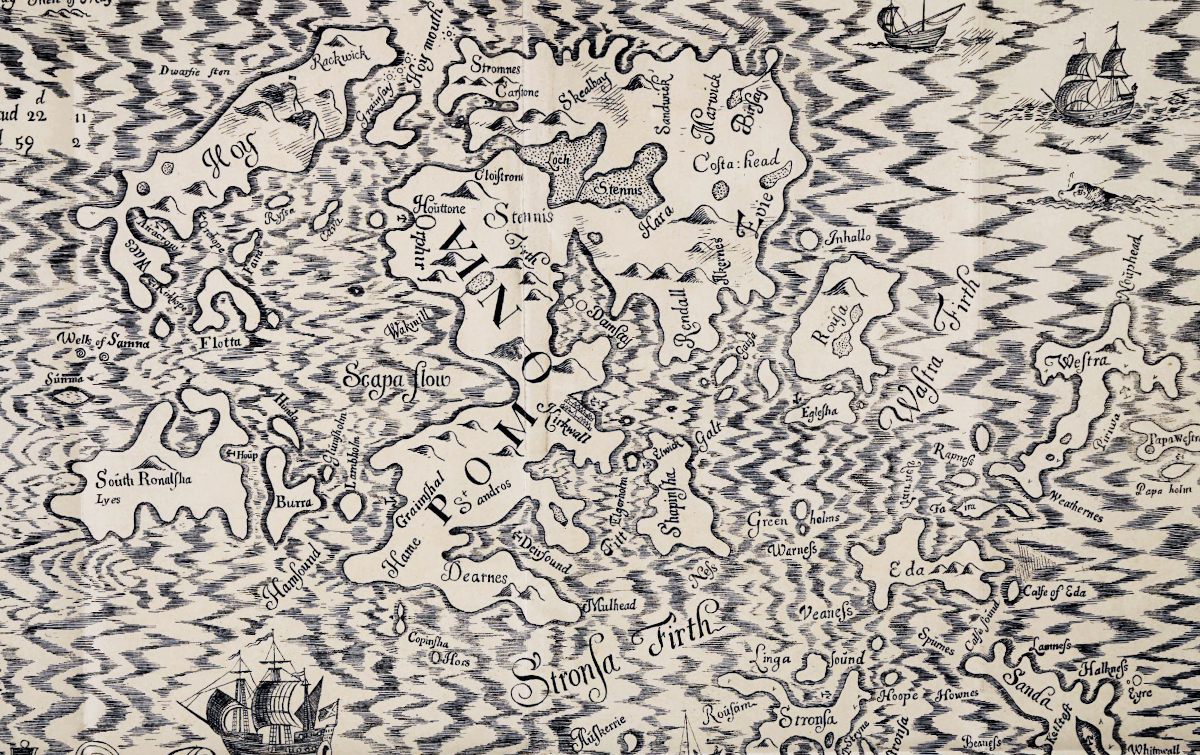Apparently, around 2007, Blair wanted to invade Zimbabwe but was talked out of it due to the current unpopularity with Iraq.
Could make an interesting TL …
Tony Blair plotted military intervention in Zimbabwe, claims Thabo Mbeki | Zimbabwe | The Guardian
Former South African president says his country was asked by UK for help with military plan to remove Robert Mugabeamp.theguardian.com
The article is fairly thin, the main claim is about regime change in general, not a military option.
Mbeki alleged that the former British prime minister pressured him to join a "regime change scheme" as Zimbabwe plunged into a political and economic crisis in the early 2000s.
and then there's what TM is claiming Guthrie said about Blair, which is now third-hand.
I'm sure there were such discussions, but by as early as 2003 the British government didn't seem so keen. When the MDC had really big rolling mass action that they had planned, the so-called Final Push, it was called off at the last minute and replaced by a simple stay away after British embassy staff appealed to them MDC to avoid violent clashes.
So that's almost the opposite, the Final Push was probably the last non military attempt to remove Mugabe and MDC demoralized at British request. It is questionable whether MDC would have successfully kept rolling mass action going. I mean, there was pretty good organosation, but whether it would have continued when the army started shooting is another matter.
Seems to predate 2007 (that's when Guthrie's quote is from), I'd guess from article this - if true - was something earlier. Mugabe was big news in the early 2000s and pre-Iraq planning we'd have some capacity for it. Guthrie retired from Chief of the Defence Staff in mid-2001, 2000 or 2001 seems the right time for this, Blair riding high from Kosovo and Sierra Leone working
Not really a good idea at all, it'd be seen as Britain deposing an old rebel to save white farmers (and that was what got more play here than dead black Zimbabweans, I doubt that was the driver when Guthrie got asked about it) and South Africa helping Britain do the same. That's before, as Mbeki and the MDC say, "yeah and who would be in charge after?" People would keep getting killed over that question.
(Mbeki's wrong in Mugabe being "part of the solution", as he didn't help solve the problems he caused and finally got couped)
A British invasion of Zimbabwe staged from any other SADC country was a non starter, there's noone who would have been willing to provide a base for that. South Africa in particular has a longstanding foreign policy of non-alignment or neutrality between state actors, even in civil conflicts, and generally sees itself as lending support to negotiated solutions. See the internationally unpopular position taken on Russia Ukraine but also on the Civil wars in South Sudan and Ethiopia.
To get Britain invading, you'd need either Mozambique or Botswana happy to host this, which would require a strongly anti Mugabe president who was either slightly insane or uncaring about reaction from neighbours. I guess Botswana under Ian Khama is vaguely possible but even he wouldn't do it with South Africa, Namibia and Angola denying RAF airspace access...
Last edited:



